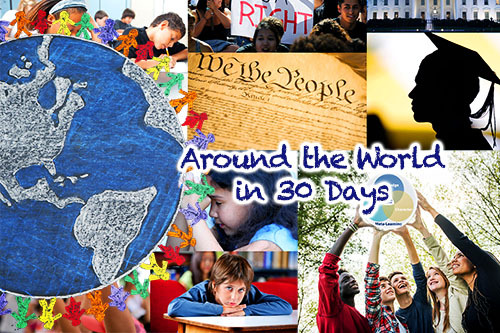
Americans chose to elect a billionaire businessman, an outsider with no government experience, over Hillary Clinton, the candidate of the establishment. What economic and social forces might have prompted this upset in the US Election 2016? And what might we imagine are the implications of these pressures? Additionally, what did we all learn about the virtues – Truth, Beauty and Goodness – from the process? What does it take for principals and teachers to reach children in our most troubled communities? How do teachers support children who are confused or frightened by events going on in their world? Has K – 12 social learning giant Edmodo revolutionized the professional learning network? What are the most effective ways to close the increasingly widening education-to-employment gap? Those were the questions that most intrigued us this month.
Technology is quickly and forever changing. The moment teachers master one new piece of ed-tech, there may be something newer they need to know more about. So you’re a teacher and you want to stay on top of your digital knowledge, plus expand your local community of fellow educators and collaborate with ed-tech experts on how to improve student outcomes. Maybe you’re looking for a way to learn new things in an environment that’s slightly less structured than a formal training session? Ever considered hosting or joining a teacher meet-up? Or, as Edmodo explained to us this month – a TeachUp!
Employers want to hire people with 21st-century skills but they can’t find enough qualified candidates. The problem, says Charles Fadel, Founder of the Center for Curriculum Redesign, is that our education system “is biased for college entrance requirements via tests such as the SAT which are partially obsolete, and never reflected particularly well the needs of employability.” Fadel joined us in The Global Search for Education this month to focus on the skills needed in a volatile and rapidly changing world.
Ever since he went to Wyoming Seminary secondary school, Howard Gardner says he has been captivated with three virtues: “Truth, Beauty, and Goodness” – known at “Sem” as Verum, Pulchrum, Bonum, in his school’s motto.” He concluded that his own life should be guided by these values. He has argued that parents, educators and the public at large should strive to enhance these virtues in K – 12 education. But in an age of social media, who decides what’s good or true or beautiful? I invited Howard Gardner to join me in The Global Search for Education to discuss what else we might learn about Truth, Beauty and Goodness from the recent U.S Election.
In 2010, Nadia Lopez founded Mott Hall Bridges Academy, a public middle school which is located in Brownsville, one of the poorest and most dangerous neighborhoods in New York City. Her book, The Bridge to Brilliance: How One Principal in a Tough Community Is Inspiring the World (Viking 2016), tells the moving story of a her inspiring journey to help her students succeed against impossible odds. The story has motivated others to explore what else can be done to support the thousands of other educators trying to reach children in difficult communities. This month Nadia explained to us what it takes for principals and teachers to reach children in our most troubled communities.
The U.K. citizens’ surprising approval of the Brexit referendum last June and the even more surprising U.S. election of Donald Trump as president on November 8 shook the world. The Millennial Bloggers are based all over the world. They are innovators in entrepreneurship, journalism, education, entertainment, and academic scholarship. This month we asked them to share their perspectives in a year of big surprises. What economic and social forces might have prompted these results? And what might we imagine are the implications of these outcomes?
We live in a world of infinite connectivity, and following a “global” event such as the recent US Election 2016, many parents and other adults say they are still struggling with what to say and share with children and what not to say. Children around the world witnessed the often aggressive tone of the election’s rhetoric, and indeed, teachers across the United States have acknowledged that many classrooms are still full of anxiety and concerns. In an age of widespread digital technologies, it is virtually impossible to entirely buffer children from the constant messaging.
Our Global Teacher Bloggers are pioneers and innovators in fields such as technology integration, mathematics coaching, special needs education, science instruction, and gender equity. They have founded schools, written curricula, and led classrooms in 13 different countries that stretch across every populated continent on earth. These teachers empower and enrich the lives of young people from nearly every background imaginable. This month we asked them to share lessons from the world’s classrooms on how educators support children in uncertain times.
Our thanks once again to all our amazing teachers, millennials, contributors and supporters around the world.
(Photos are courtesy of CMRubinWorld)
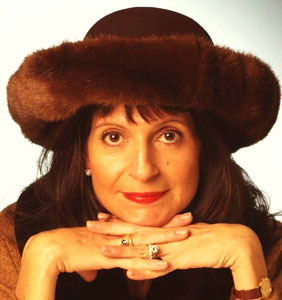
Join me and globally renowned thought leaders including Sir Michael Barber (UK), Dr. Michael Block (U.S.), Dr. Leon Botstein (U.S.), Professor Clay Christensen (U.S.), Dr. Linda Darling-Hammond (U.S.), Dr. MadhavChavan (India), Professor Michael Fullan (Canada), Professor Howard Gardner (U.S.), Professor Andy Hargreaves (U.S.), Professor Yvonne Hellman (The Netherlands), Professor Kristin Helstad (Norway), Jean Hendrickson (U.S.), Professor Rose Hipkins (New Zealand), Professor Cornelia Hoogland (Canada), Honourable Jeff Johnson (Canada), Mme. Chantal Kaufmann (Belgium), Dr. EijaKauppinen (Finland), State Secretary TapioKosunen (Finland), Professor Dominique Lafontaine (Belgium), Professor Hugh Lauder (UK), Lord Ken Macdonald (UK), Professor Geoff Masters (Australia), Professor Barry McGaw (Australia), Shiv Nadar (India), Professor R. Natarajan (India), Dr. Pak Tee Ng (Singapore), Dr. Denise Pope (US), Sridhar Rajagopalan (India), Dr. Diane Ravitch (U.S.), Richard Wilson Riley (U.S.), Sir Ken Robinson (UK), Professor Pasi Sahlberg (Finland), Professor Manabu Sato (Japan), Andreas Schleicher (PISA, OECD), Dr. Anthony Seldon (UK), Dr. David Shaffer (U.S.), Dr. Kirsten Sivesind (Norway), Chancellor Stephen Spahn (U.S.), Yves Theze (LyceeFrancais U.S.), Professor Charles Ungerleider (Canada), Professor Tony Wagner (U.S.), Sir David Watson (UK), Professor Dylan Wiliam (UK), Dr. Mark Wormald (UK), Professor Theo Wubbels (The Netherlands), Professor Michael Young (UK), and Professor Minxuan Zhang (China) as they explore the big picture education questions that all nations face today.
The Global Search for Education Community Page
C. M. Rubin is the author of two widely read online series for which she received a 2011 Upton Sinclair award, “The Global Search for Education” and “How Will We Read?” She is also the author of three bestselling books, including The Real Alice in Wonderland, is the publisher of CMRubinWorld, and is a Disruptor Foundation Fellow.
Follow C. M. Rubin on Twitter: www.twitter.com/@cmrubinworld

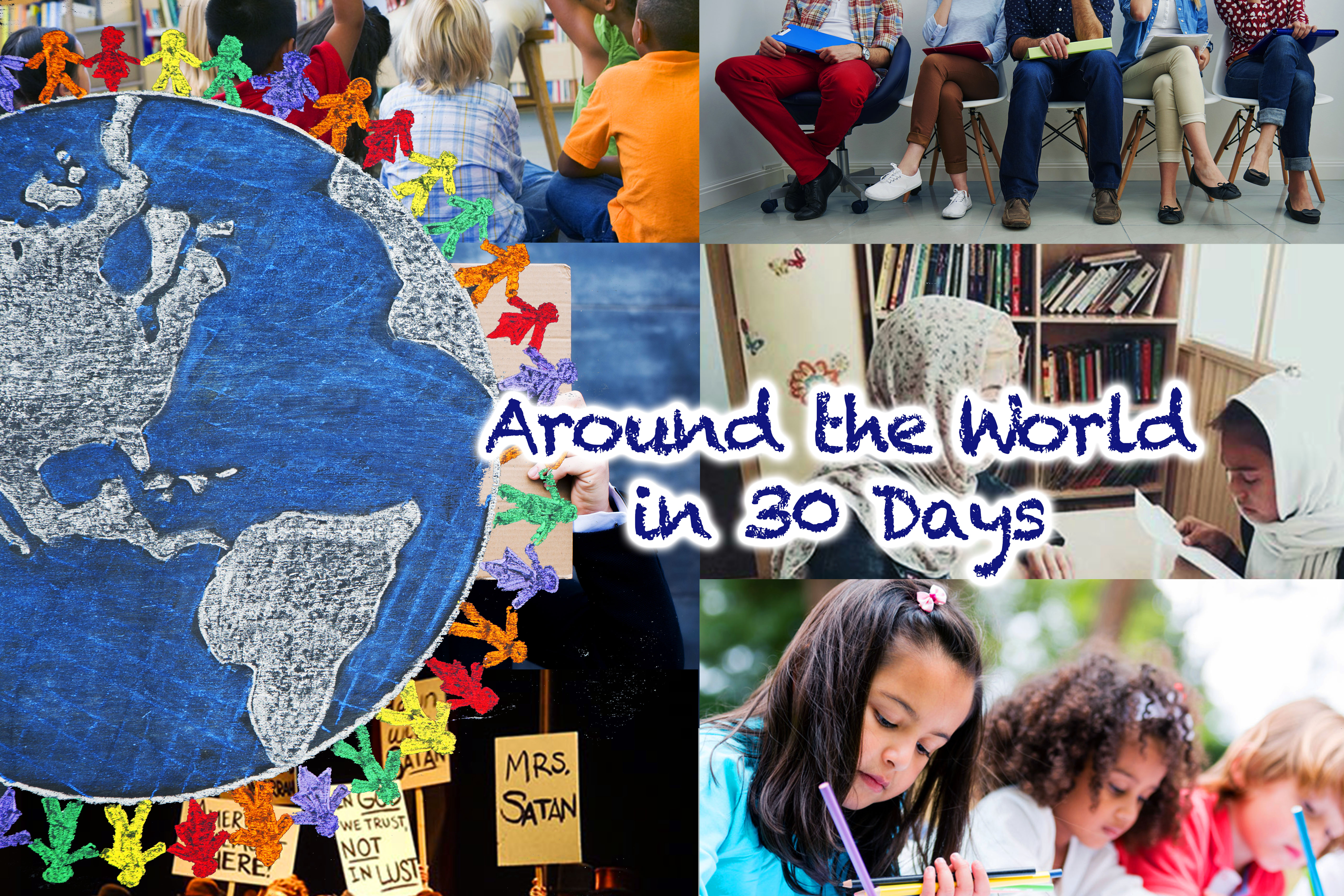
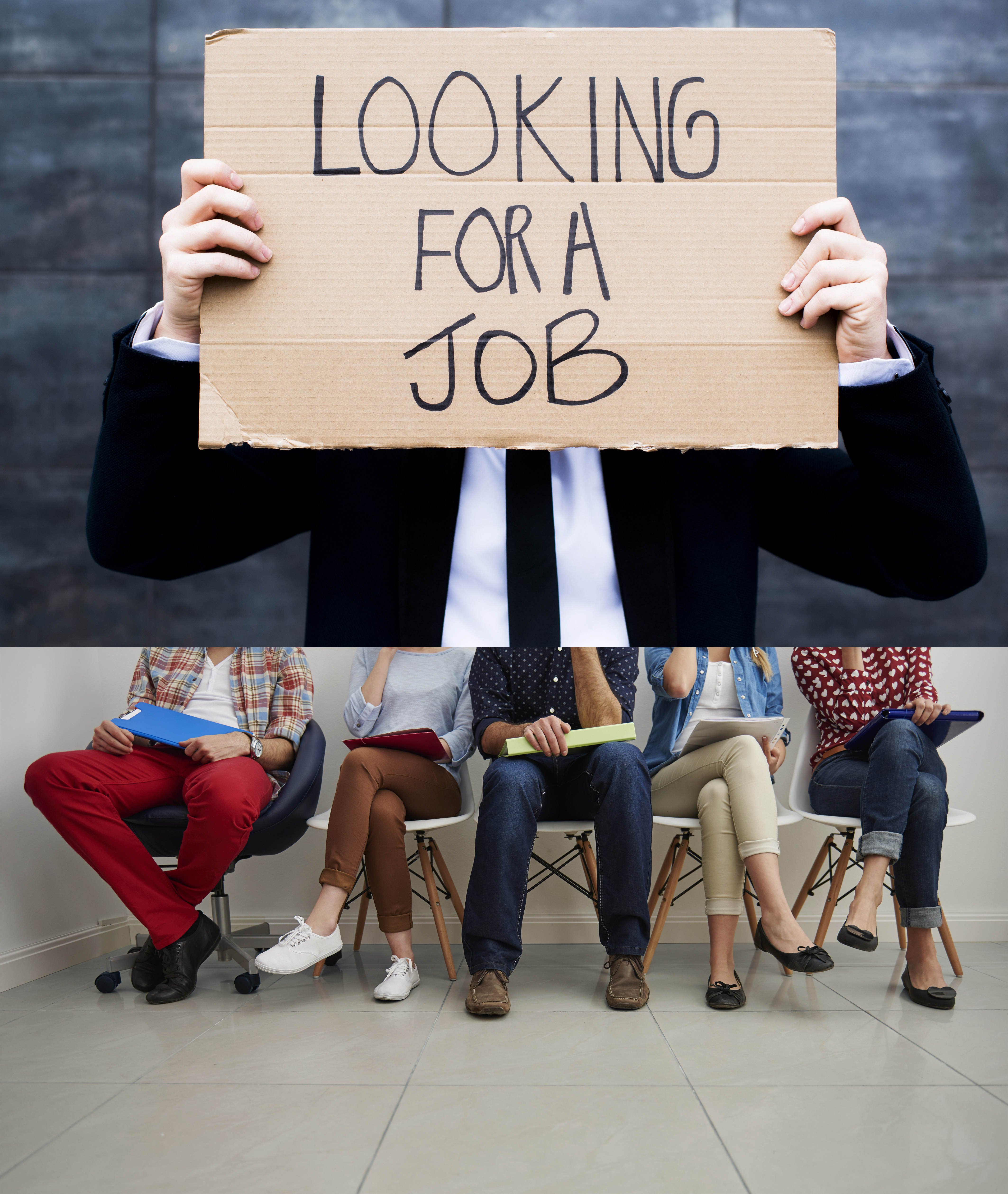
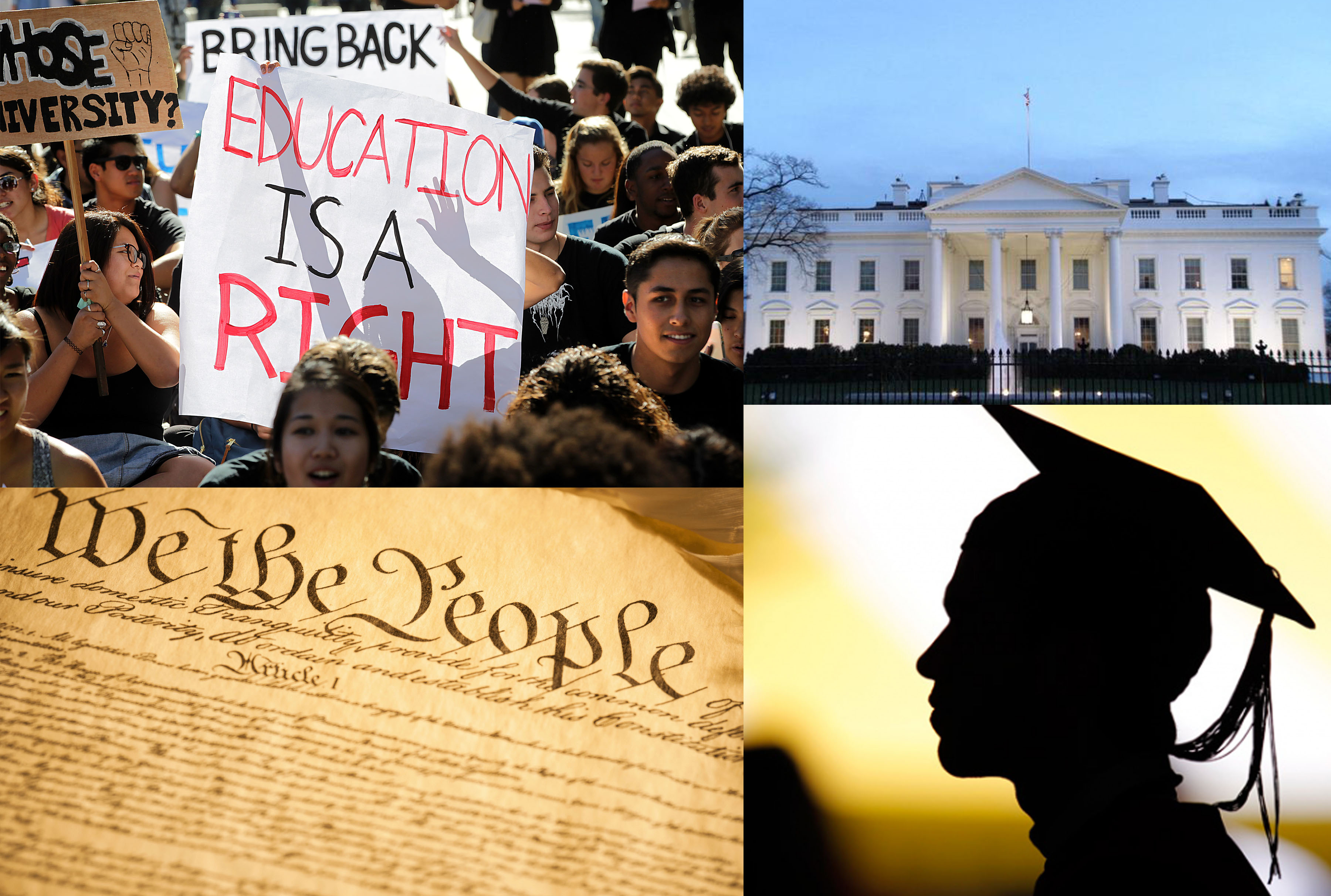
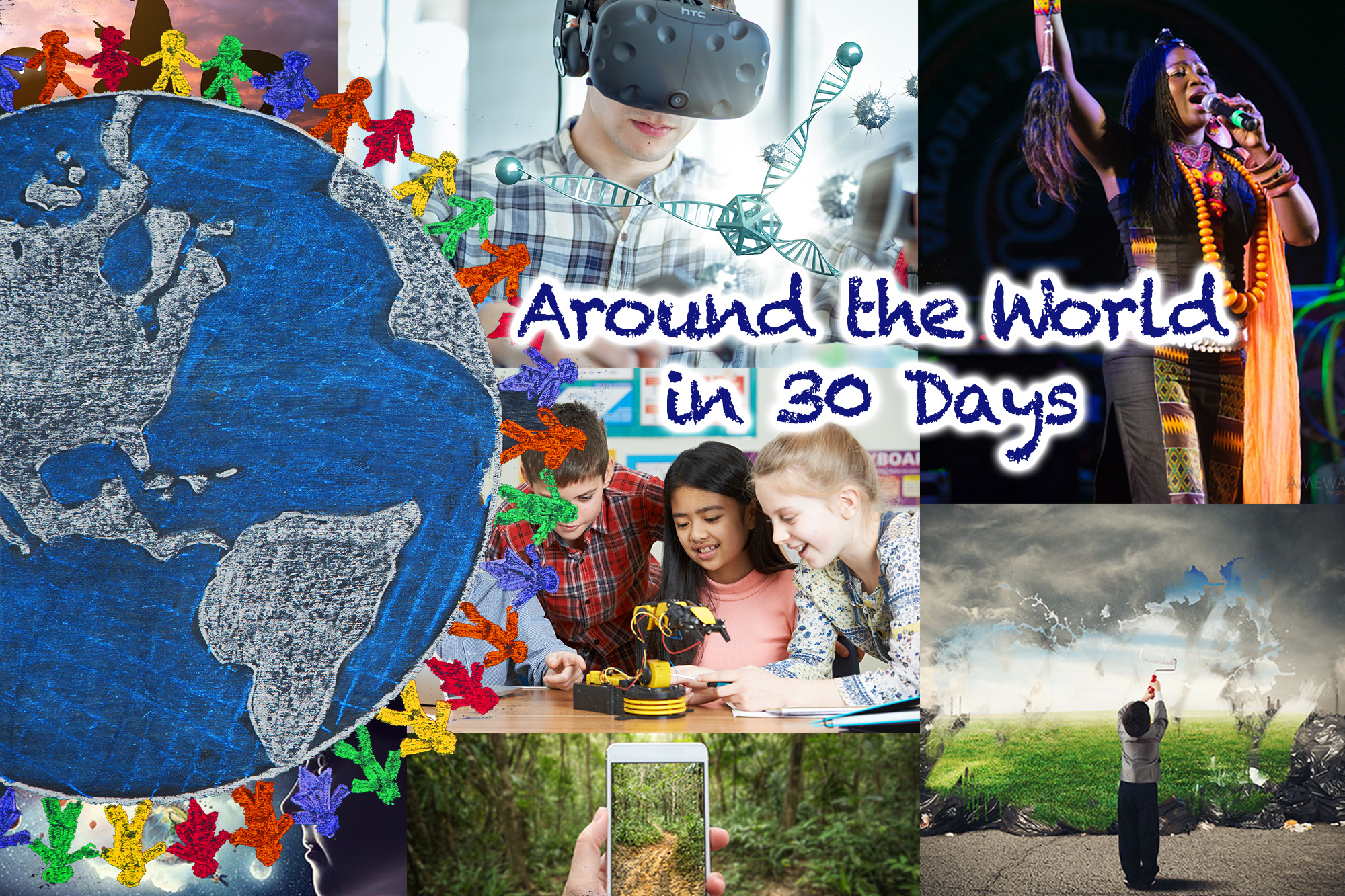
Recent Comments